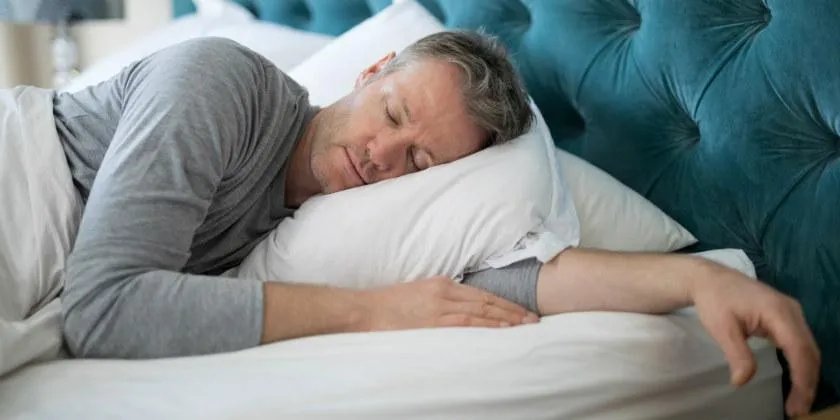When you have diabetes and it is time to go to sleep, we often stalks a doubt: what is the appropriate glucose value to spend the night quietly without risk of having a night hypoglycemia.
The International Society of Diabetes of the Child and Adolescent (ISPAD) advises as ideal glucose values before bedtime those between 80 and 140 mg/dl.This glucose value is obtained by controlling at least 2 or 3 hours after dinner.
To decide a safety glucose value, it is advisable to take into account the following aspects.
The type of slow action insulin that is used
Although Insulatard® or NPH insulin is used less and less, in Spain, it is usually used in children under two years of age.This type of insulin has a peak of action over five or six hours after administration.In case of using this type of slow action insulin before going to sleep, it is advisable to take a small collation that contains past carbohydrates four or five hours of its administration.
The slow insulin anologists are currently available are glargine, detection and swallow.These insulins act very flatly, almost without a peak of action, so they usually behave a very low risk of having a night hypoglycemia without taking extra carbohydrates before going to sleep.
if exercised in the last hours
Exercise practice almost always makes blood glucose levels decrease.This effect may last for a few hours.
If exercising during the afternoon, it is important to take measures to reduce the risk of having hypoglycemia during the night.These measures will depend on the duration and intensity of the exercise and the physical form of the child who practices it.
Some people need to reduce dinner insulin dose and also take an extra slow absorption hydrate before bedtime.
degree of control of glucose values
If the glucose values before going to sleep are within the control objective, no extra physical activity has been carried out and, the next morning, the glucose values are not within the desired results, it would be necessary to consider adjusting the patternof insulin.
If glucose values are high, slow insulin should be increased.
If the glucose values are low or hypoglycemia are available during the night, slow insulin should be lowered.
alcohol
Alcohol consumption can cause hypoglycemia after several hours of having taken it.Therefore, if you have taken alcohol, check your glucose values before bedtime and take slow absorption hydrates, even if the glucose value is within your control goals.
If alcohol consumption is accompanied by exercise practice, such as dancing at a party, you must increase the amount of extra carbohydrates you take before bedtime.


